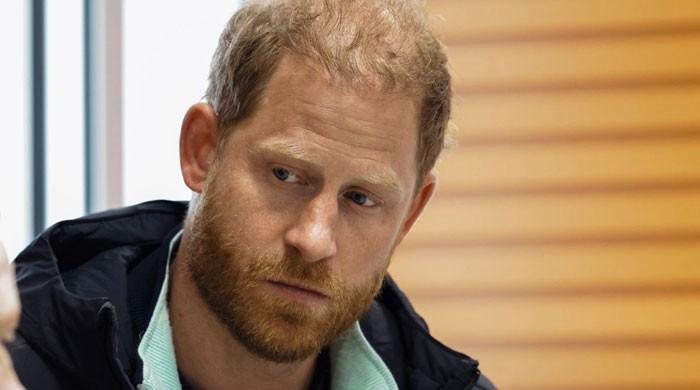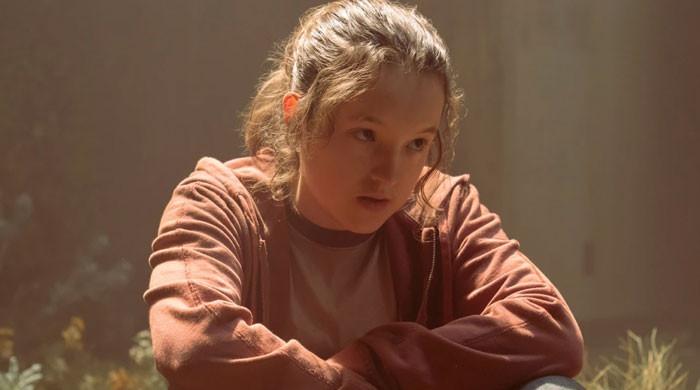Beyond black and white: Meet the German photographer capturing Pakistan in technicolour
In conversation with Manolo Ty, author of Pakistan Now
May 25, 2017
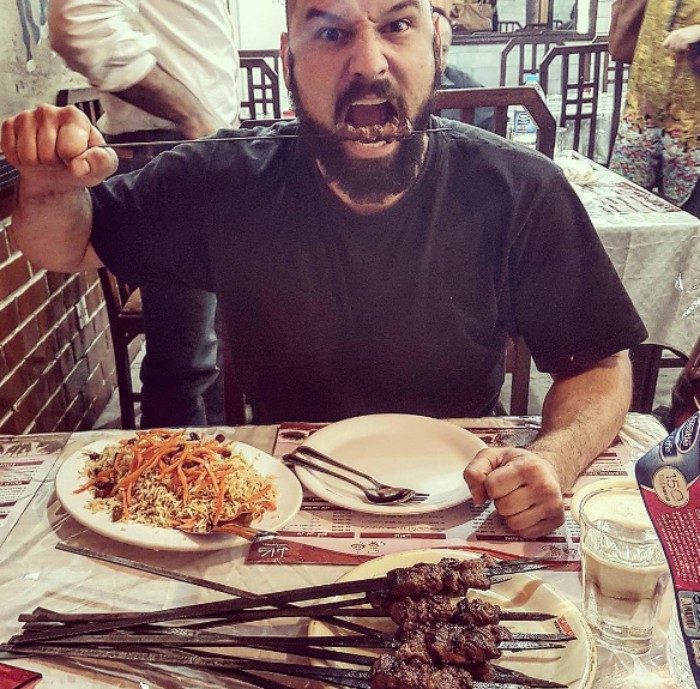
Hailing from a "grey, industrial town" in Germany, Manolo Ty did not take long to find his true calling—to explore the world in technicolour. The wanderlust would strike, taking him out of his comfort zone and landing him in countries far and wide. Three years ago he came to Pakistan, determined to look beyond the burqas and the bombs the country has become synonymous to, capture its "unique cultural footprint" and to simply cover the "normal life" of the normal people here. Enthralled by the beauty of it all, he went on to author Pakistan Now—his first coffee table book, with a picture of two men engaged in a kushti match as its cover image.
"Just think about it," he says when asked why he chose this image to represent Pakistan among the many others he has captured," This picture tells all about the beauty and the struggle of Pakistan’s cultural heritage."
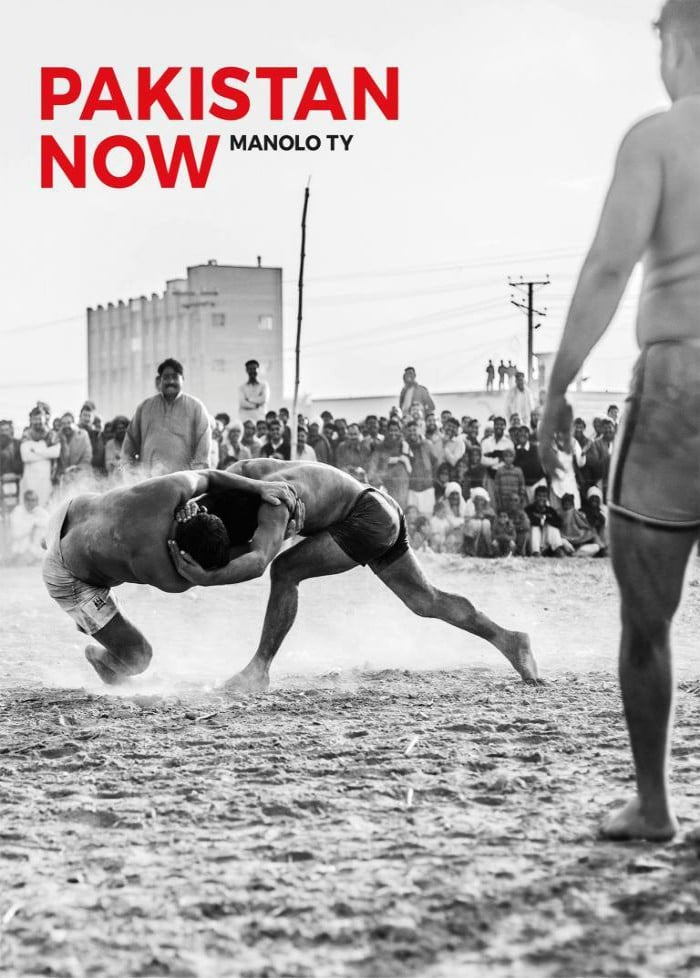
His photographs range from the historical monuments in Pakistan and majestic peaks in the north to common people going about their life. A portrait of a Pakistani kid in a traditional headwear captures the odd amalgam of innocence and maturity. There is a grown-up man enjoying—or seemingly so—a ride. Another captures the resilience of the marginalised in the country—a disabled man selling balloons on a sidewalk.
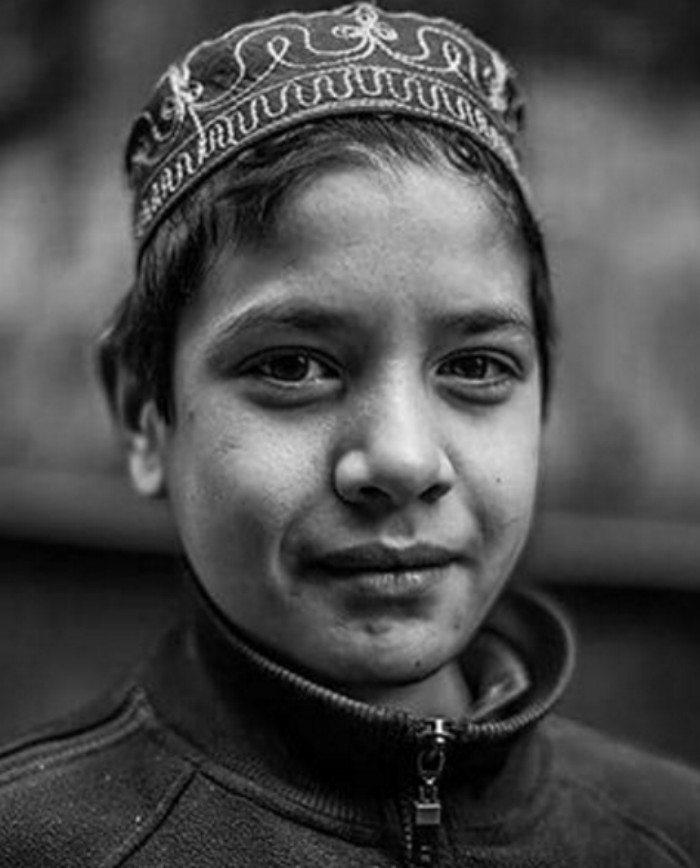
On his second visit to Pakistan, Manolo is exploring the lofty mountains and the serene quiet of the northern areas this time, going beyond the urban centres of the country he visited in his last trip. But all is not smooth in the country after all; unlike the winters which were the hurdle last year in his visit to the north, the requirement to obtain a no-objection certificate for foreigners entering Gilgit-Baltistan imposed recently is hindering his plans this time.
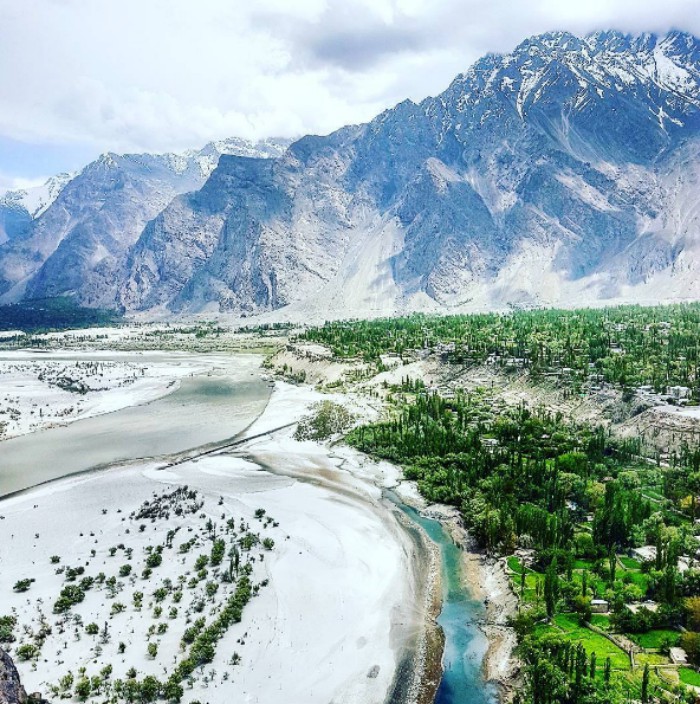
But then what adventure is it if the journey is not punctuated with trouble? Manolo did manage to explore the majestic Skardu and Hunza, with its historic forts and picturesque mountains, all the while enjoying lassi.
He has been to 97 countries up till now and has documented almost all of them with his camera. "I actually never go out on the road without it."
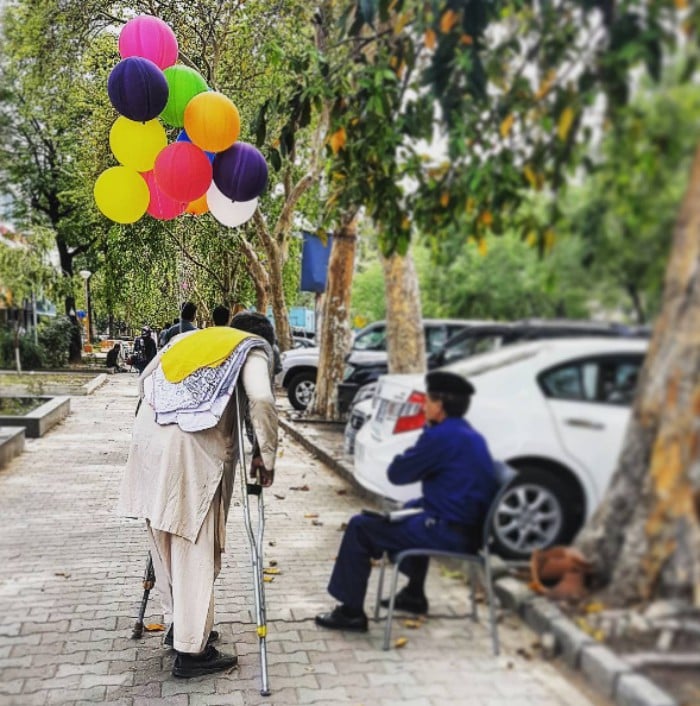
Why come back to Pakistan the second time? "Another reason for coming back to Pakistan [apart from visiting the north] is the great hospitality of the people all over the country that is unmatched in this world," he says.
This part of the world has always attracted people for its rich culture, colourful attire and, of course, its famous spices as we are taught in our history books. For Manolo, the changing landscapes as you travel from the south to the north of the country, "the people all adapted to their surroundings over the centuries and each creating their unique cultural footprints" is what represents a unique mix that Pakistan is. When asked what city he liked best, he said that the entire country is a "dazzling array of cultural facets" and though he gets this question a lot, he can't put his finger on what region fascinates him the most.
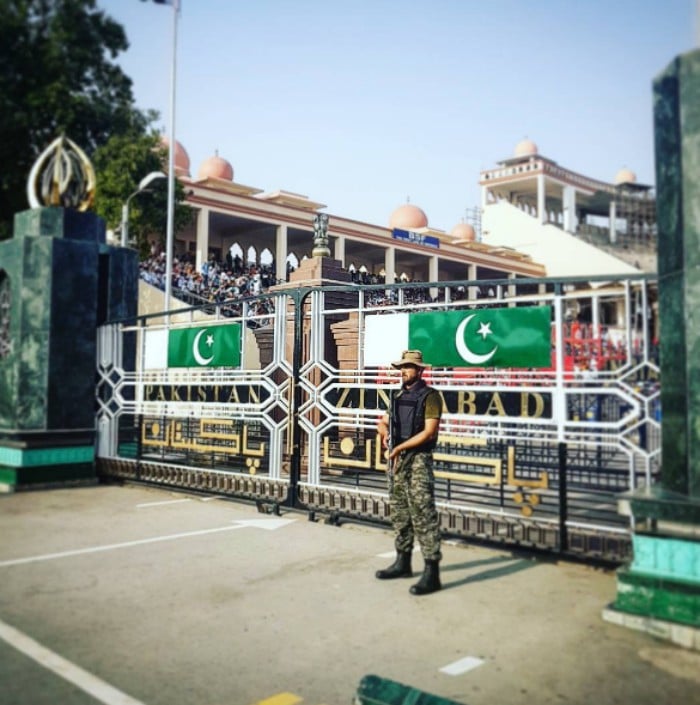
Turning the conversation back to his book Pakistan Now, the photographer says he wanted to show the world the country's cultural richness, the resilience of its people and that this is not simply the war-torn country many people outside its borders believe. While some publishers in Germany liked his idea, most were interested in the showing the typical image of Pakistan--the poverty, war and whatever other problems third-world countries are supposed to have. But this was Manolo's baby, and he didn't give up on it. After three years of struggle to find funding and compiling the book, he finally got it published, his book selling out all over Europe after just two months of its launch in February in Berlin.
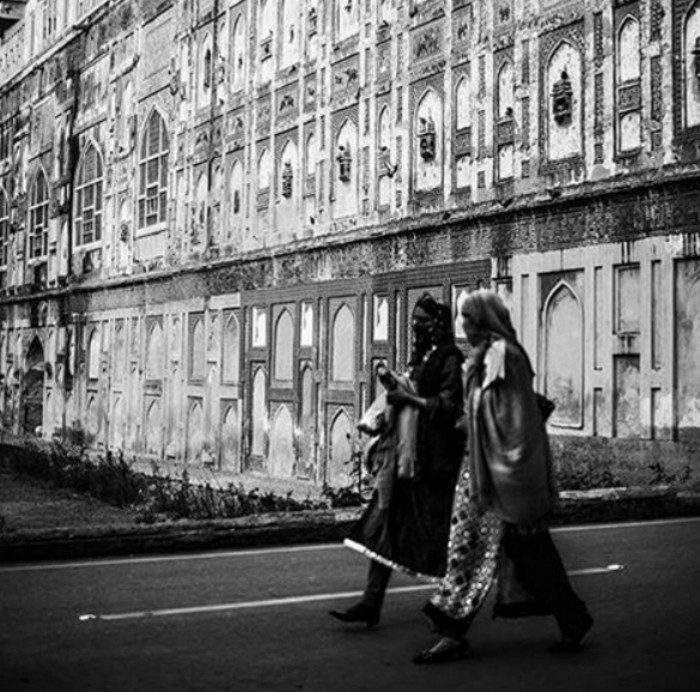
He is now working on the second pictorial book about Pakistan and a documentary film about Pakistan’s culture together with German journalist and filmmaker Larissa Rausch.
Manolo is engaged in various activities in Pakistan currently to promote his book and to get to know the people better. He also opened an exhibition related to his book launch three days after his arrival to Pakistan at the Pakistan National Council of the Arts in Islamabad.
As we are wrapping up the conversation about his passion for photography, he divulges that he actually “was going to be” a filmmaker. “But then I realised that I could also tell the story in one frame only and became a photographer.”
The writer works at Geo. She tweets @Sindhu_Abasi






